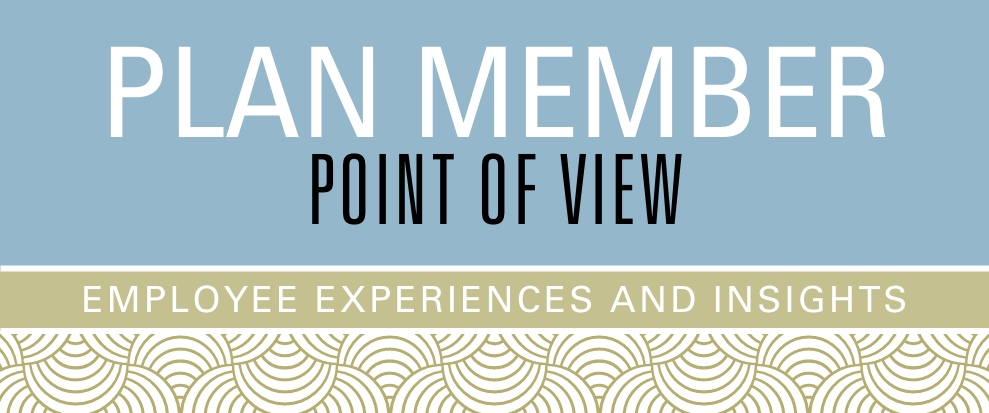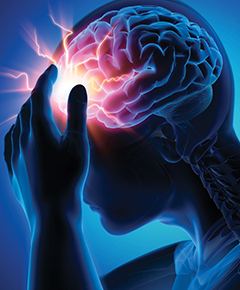
Canadians with Episodic Cluster Headache
Four plan members in their own powerful words explain episodic cluster headache - a devastating primary headache disorder - and the drilling pain that gives it the nickname “suicide headache.” One female and three males ranging in age from 27 to 53 from Ontario and Newfoundland and Labrador describe the impact it has had on each of them.

Episodic cluster headache is characterized by the abrupt onset of attacks of severe to very severe pain on one side of the head. Left untreated, an attack may last from 15 minutes to three hours, and on average a cluster period may last from six to 12 weeks.
How would you describe a cluster headache? |
|
|
|
How has cluster headache affected your life? |
|
|
|
How has cluster headache affected your ability to work? |
|
|
|
How satisfied are you with how well your current treatment options help manage attacks? |
|
|
|
Conclusion
Reducing the debilitating pain and number of attacks can help reduce the burden, improve quality of life and ensure people who suffer from episodic cluster headache can gain and maintain employability. These patients rely on their employers and insurers to provide access to effective treatment. People who suffer with episodic cluster headache should seek help from their doctor.
Sponsorship for these interviews were provided by Eli Lilly Canada Inc. The statements, opinions and viewpoints expressed are those of the interviewees, and are not reflective of the views of Eli Lilly Canada Inc.

